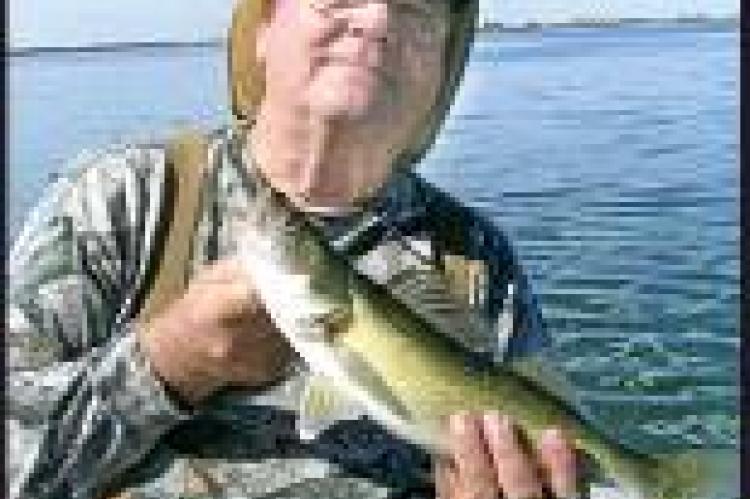TAKING CARE OF MEAT IN THE FIELD

Rog's Rod & Nimrod
As you read today’s column, Mike Hall and I will be Wyoming elk hunting along the southern border of Yellowstone National Park and the eastern border of Idaho. I have an apprehension or major concern other than grizzly bears, and that is meat spoilage because of the potential for warm weather during our early season hunt. Warm weather spoilage happened to me once before, and it tarnished an otherwise great hunting experience.
Ten years ago I was hunting pronghorn antelope in Harding County. As I leaned against an outcropping of rim rock, the Slim Buttes rose from the prairie off to the northeast as the sun rose. A gentle valley lay before me, and on the opposite slope a flock of sage hens first appeared as turkeys to my untrained eye. I had three tags in my pocket. One read “Any Antelope” while the other two were doe or kid tags. As the temperature would rise to the high 80’s that day, I figured that handling one carcass was all I wanted to tackle. My host rancher wanted all tags filled, and that was also a consideration.
Around 9:00 a.m. I dropped a very good buck with my .270 Model 70 Winchester. It was still reasonably cool, so I compromised by dispatching one of the accompanying does. I field-dressed both immediately and propped the chest cavities open with sticks I had brought along. I had a mile drag back to the pickup, and upon my arrival with the buck, I learned that I had locked my keys in the pickup. The time my error cost me brought about spoilage I didn’t realize until I picked up my packaged meat at the Wagner locker days later. That memory haunts me today, and I have become very spoilage conscious.
I can recall another spoilage episode. During a Corson County deer hunt, one of our hunters killed a massive buffalo bull. He wanted the meat, and he wanted the head for his trophy room wall. In spite of the field-dressing and the 20 degrees below zero night-time temperature, there was major spoilage. The animal’s great bulk had retained too much heat.
The article, “Beat The Heat” by David Draper in the September 2018 issue of Petersen’s HUNTING has really got me to thinking. I have already advised our guide of my concerns as I want him thinking about it. Draper’s article goes to some lengths I’ve never considered, and I’ll share them with you.
Our early season hunt has an upside in that the elk will be less spooky. Draper points out the downside when he states that “field-dressing and quartering becomes a race against the clock.” He emphasizes that with elk, skinning should come before field-dressing. He also points out that elk quarters spoil from the inside out. He advocates pulling the meat off of the bone in the field. He says that if you must keep the meat on the bone, at least make a long, deep slit into the meat along the length of the bone to release heat. Draper cautions against “piling a bunch of hot meat into a game bag.” This certainly makes good sense.
Draper recommends the use of high quality game bags that are treated with antimicrobial inhibitors for dirt, bacteria, and insect control at the field preparation site. He also advocates spraying the meat with commercially available citric acid based sprays designed to reduce bacterial growth and repel insects. He likes wiping down the meat with a vinegar or diluted lemon juice solution. I plan to bring along some game bags, a bottle of lemon juice or vinegar, and some clean rags.
Mike and I have made a number of hunts together including a September 2016 moose hunt in British Columbia. On that trip we had a large freezer chest in the back of Mike’s pickup along with a portable generator. We will do the same on this trip, and I suspect that the freezer chest will play a big part on this hunt.
I’ll have to admit that the citric spray, vinegar treatment, and making a lengthwise cut into the hind quarters to release heat are new to me, but I’ll do whatever it takes. I hope you come away from today’s column with something useful.
See you Sunday afternoon, September 2, at the Wagner Labor Day Festival in the Park." Let's talk hunting and fishing.
